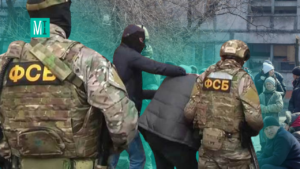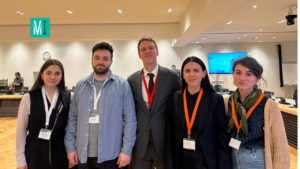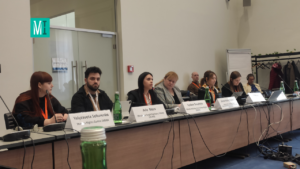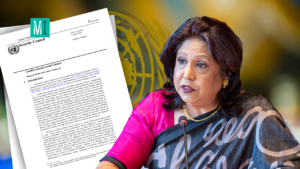The film “20 Days in Mariupol” was shown in Brussels. It was followed by a discussion MIHR participated in
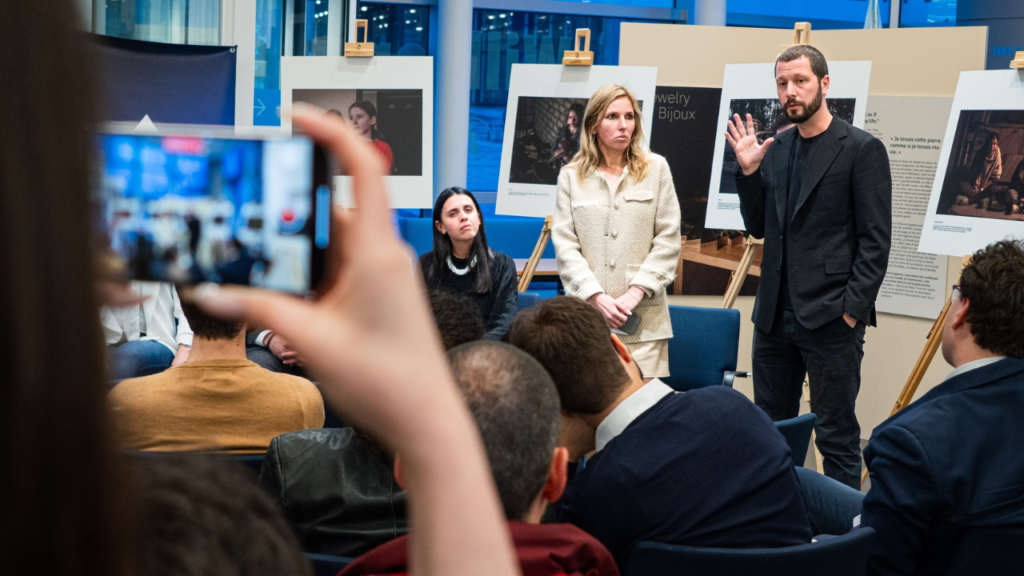
Ten films from this year’s international Czech festival “One World” were shown in the Belgian capital — the world’s largest human rights documentary film event organized by People in Need. The Oscar-winning film “20 Days in Mariupol” by Ukrainian director Mstyslav Chernov was also viewed. Among the audience was Lubov Smachilo, MIHR’ analyst.
Commenting on his work, Mstyslav Chernov highlighted that “20 Days in Mariupol” is a story not only about Mariupol and its residents. It is a grim document about the fate of other Ukrainian cities and towns that suffer daily from Russian shelling. The constant destruction and civilian casualties confirm this. For example, on the day of the film’s screening in Brussels, Russia attacked Chernihiv with missiles, hitted a residential building and killed 18 people.
“I watched this film for the first time, and it deeply impressed me. I believe the atrocities committed by Russia against Ukraine and its residents must be seen by the whole world. Therefore, it’s excellent that ’20 Days in Mariupol’ is being shown everywhere,” shares Lubov Smachilo, MIHR’ analyst. “Our team meticulously documents the testimonies of those affected by Russian crimes. Through analysis, we conclude that the persecution of Ukrainians who disagree with Russian occupation or resist it constitutes a crime against humanity. This is part of Russia’s systematic policy towards occupied territories and civilian populations, implicating Russia’s highest leadership in its creation and implementation.”
According to the human rights activist, it is crucial to find effective mechanisms to hold the Russian Federation and its leaders accountable. In the context of investigating crimes against humanity, the International Criminal Court could play a significant role.
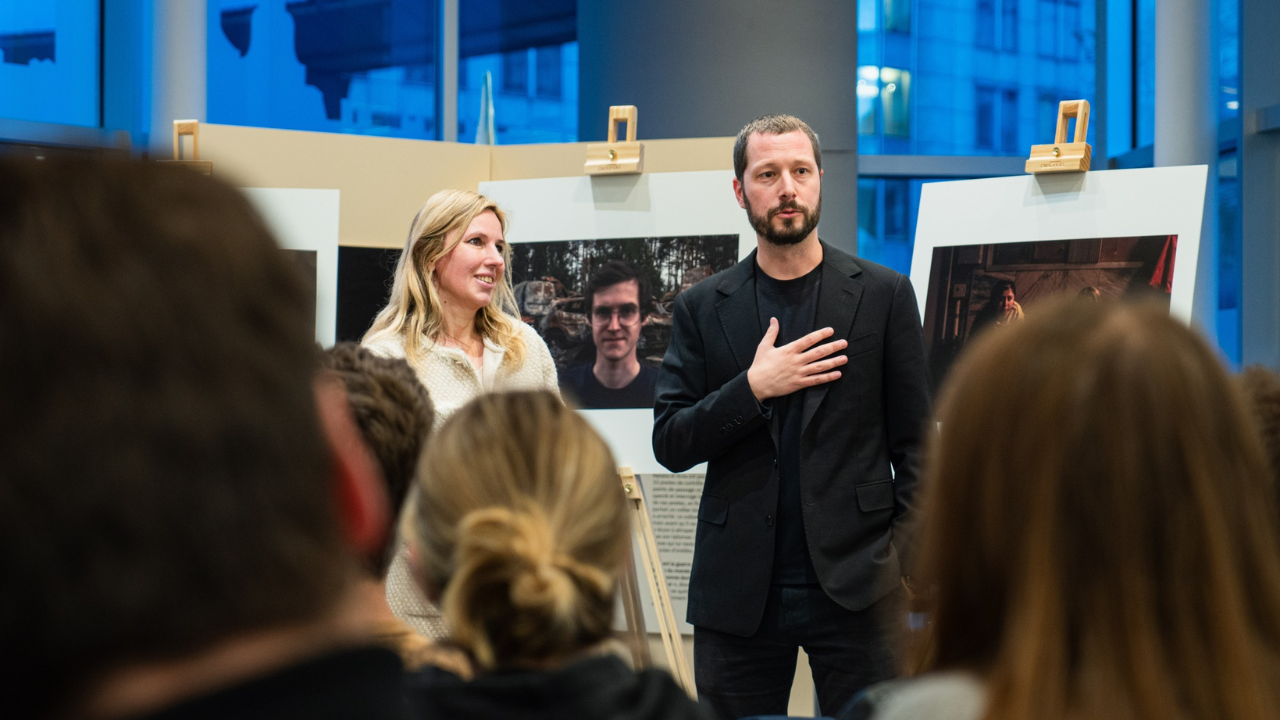
Mstyslav Chernov, director of the film “20 Days in Mariupol”. Photo: One World in Brussels
Regarding the most vulnerable groups persecuted by the Russians, Mariam Lambert from the Orphans Feeding Foundation highlighted numerous cases of deportation of Ukrainian children to Russia and crimes committed by Russia against Ukrainian families. Lambert believes that the war in Ukraine is not just a matter for its people but for all Europeans and is much closer to each person in the EU than it seems at first glance. To support her statements about international crimes committed by Russia, the human rights activist shared several chilling stories about the horrors of deporting Ukrainian children to Russia and how the Orphans Feeding Foundation rescues them and returns them to their families:
“When you see a child reunite with their parents, at that moment, nothing else matters,” shares Mariam Lambert.
The discussion was also attended by Mykolaiv Mayor Oleksandr Sienkevych. This regional center is located less than 70 km from the positions of enemy forces, so the Russians regularly shell the city. Many who managed to leave temporarily occupied regions for Ukrainian-controlled territory have settled in Mykolaiv. According to official local government data, as of the end of February 2024, nearly 50,000 internally displaced persons lived in the city. Mayor Sienkevych notes that both Russian shelling and people seeking refuge in Mykolaiv require unconventional management decisions from the authorities, including measures to minimize risks for civilians. He believes that the most effective tool is Western weapons, which can genuinely protect civilians from Russia’s constant attacks.


